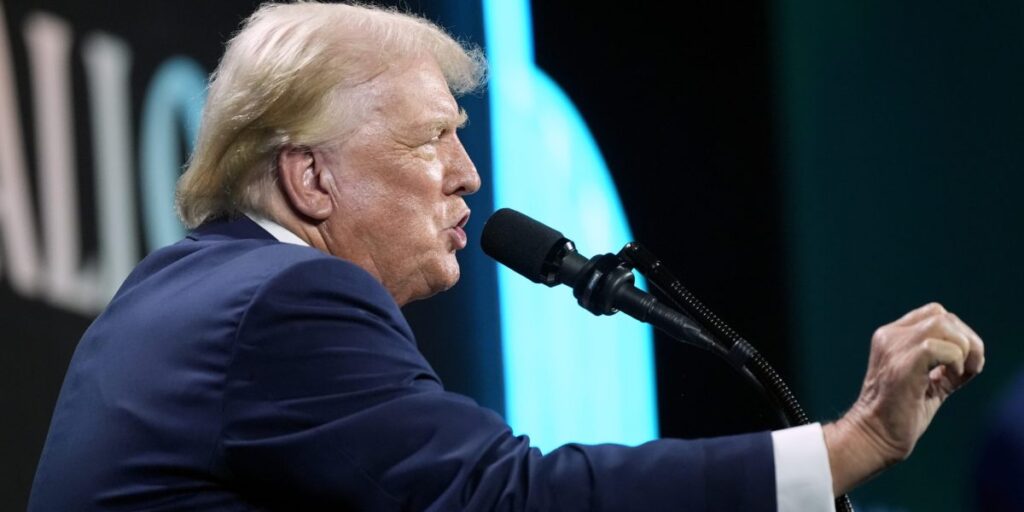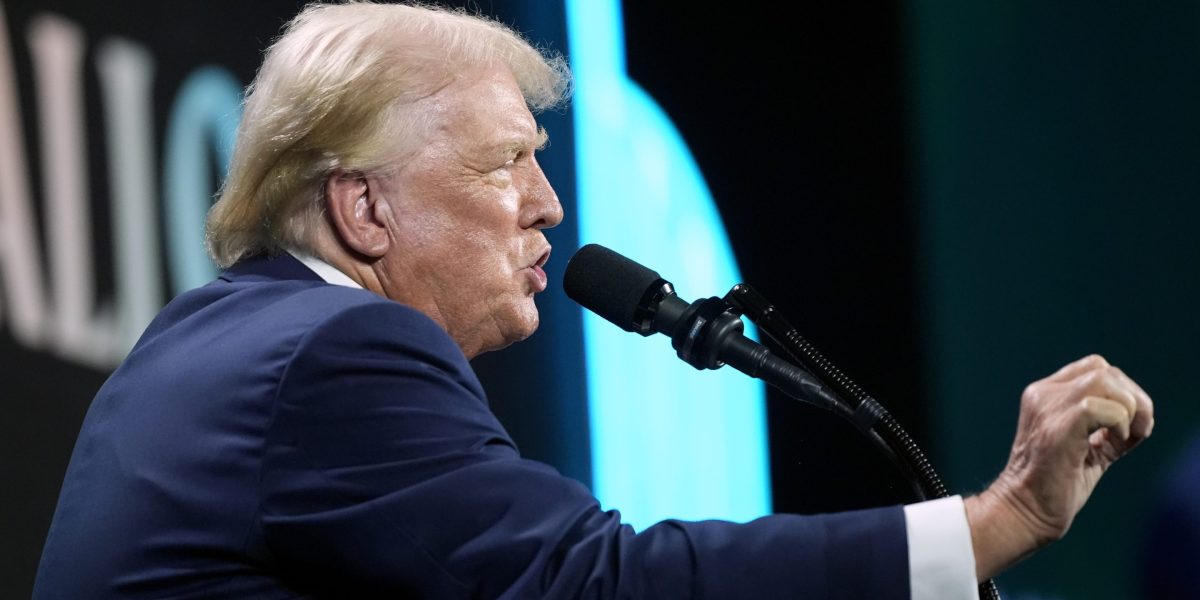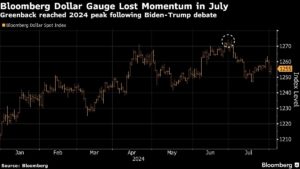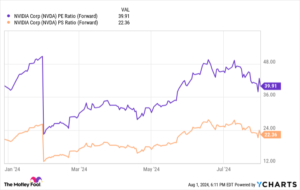Donald Trump’s monthly legal expenses dip below $1 million for the first time in 2 years
The Trump-aligned Save America PAC has shelled out an average of nearly $4 million a month on legal costs since July 2022.


As former President Donald Trump faces a supercharged Democratic fundraising effort, a persistent drag on his campaign’s coffers may be easing: legal expenses.
A new report shows that the Save America political action committee paid about $827,000 in June for Trump’s legal bills — the first time a monthly total has dipped below $1 million in two years. The Trump-aligned PAC has shelled out an average of nearly $4 million a month on such costs since July 2022, most of it on defending the former president in criminal and civil cases, according to an Associated Press analysis of campaign finance records.
It is not surprising that Save America has recorded such a drop. Trump’s weeks-long hush-money trial ended in May — with a conviction — and the former president has enjoyed a string of good fortune in two federal criminal cases that will not go to trial anytime soon, if at all. A fourth case, in Georgia, is also in limbo.
Funds once needed to finance those courtroom battles can instead be spent on the campaign, which has entered a critical phase. On Sunday, President Joe Biden dropped out of the race and endorsed Vice President Kamala Harris to take his place at the head of the Democratic ticket, effectively restarting the race. Trump has said he should be reimbursed for the money his campaign spent against Biden.
Democrats have rallied around Harris, whose campaign has since received at least $126 million in donations as of Wednesday, a staggering sum that’s nearly half as much as the Biden reelection effort had raised in the entire second quarter. An additional $150 million has been pledged to Future Forward, an outside group supporting the Democratic ticket.
Though the amount Save America is paying for lawyers is relatively small in terms of modern campaigning, every dollar counts in a competitive race, experts said.
“This is going to be a close election, and to the extent money for lawyers can now be spent on organizers, that’s helpful,” said Republican strategist Alex Conant.
Trump’s campaign saw a surge in donations after his conviction on May 31. The Trump campaign has not publicly said how much it raised after the July 13 assassination attempt at a rally in Butler, Pennsylvania, but it’s expected to be a significant sum.
The decline in legal expenses follows a New York jury finding Trump guilty on 34 state charges tied to concealing a hush-money payment to prevent porn actor Stormy Daniels from going public during the 2016 campaign about an alleged sexual encounter with the future president. Trump has denied any wrongdoing and is appealing the verdict.
The former president also is appealing a nearly $500 million New York civil fraud judgment that threatens to siphon his personal cash reserves. A judge in February found that Trump and his company schemed for years to inflate his wealth on financial statements used to secure favorable loans and make deals.
Trump has otherwise dodged, at least temporarily, legal trouble that could have complicated his ability to campaign this summer and fall. A federal judge on July 15 threw out a federal indictment charging Trump with illegally hoarding classified documents at his Mar-a-Lago estate in Palm Beach, Florida. Justice Department special counsel Jack Smith is appealing that decision.
And last month the Supreme Court mostly sided with Trump in granting presidents broad immunity from prosecution, throwing a wrench in Smith’s plans to try the former president on accusations of plotting to overturn the 2020 election. A fourth criminal case involving state charges in Georgia is mired in appeals.
“He was a bit hamstrung by the trials when it came to doing fundraisers,” said Doug Heye, a Republican strategist. “Trump couldn’t do an event in Dallas on Wednesday and Miami on Thursday. He was stuck in New York. Now that’s not the case.”
Trump’s Save America political action committee has paid at least $83 million to more than 80 law firms and individual attorneys representing him and current and former aides since January 2022, Federal Election Commissionrecords show. The spending makes up the majority of the PAC’s spending, and it has become the main conduit to raise and spend money for Trump’s legal defense.
Campaign finance experts say using the money to pay for lawyers in cases not related to the campaign or officeholder duties could conflict with a federal ban on the personal use of donor dollars, even though the Federal Election Commission has ruled the prohibition doesn’t apply to so-called leadership political action committees like Save America. The Trump campaign has argued the legal cases are inherently political and tied to his candidacy.
The Trump campaign declined to answer specific questions about the legal fees but blasted the decisions to bring criminal and civil cases as being politically driven. Trump spokesman Steven Cheung said in a statement that the campaign believes Democrats had “weaponized the justice system against their chief political opponent during the peak of the presidential campaign.”
Despite the easing of legal pressure, Trump’s attorneys still have a lot of work to do.
Ciara Torres-Spelliscy, a professor at Stetson University College of Law in Florida, said Trump’s attorneys will be battling prosecutors in the New York case over whether, and how, to apply the Supreme Court’s immunity ruling. If the case survives those arguments, Trump’s lawyers will have to prepare for sentencing, for which a date has not been set.
Meanwhile, the lawyers will be seeking to limit what remains of the election-interference indictment. The Supreme Court’s ruling requires U.S. District Judge Tanya Chutkan in Washington to assess which allegations are now off limits to Smith’s prosecutors. His attorneys will also be fighting an appeal by Smith to overturn U.S. District Judge Aileen Cannon’s dismissal of the classified documents case.
“Trump will still be racking up legal bills,” Torres-Spelliscy said, “but less than when he was in trial, as trial time is the most expensive for defendants.”





